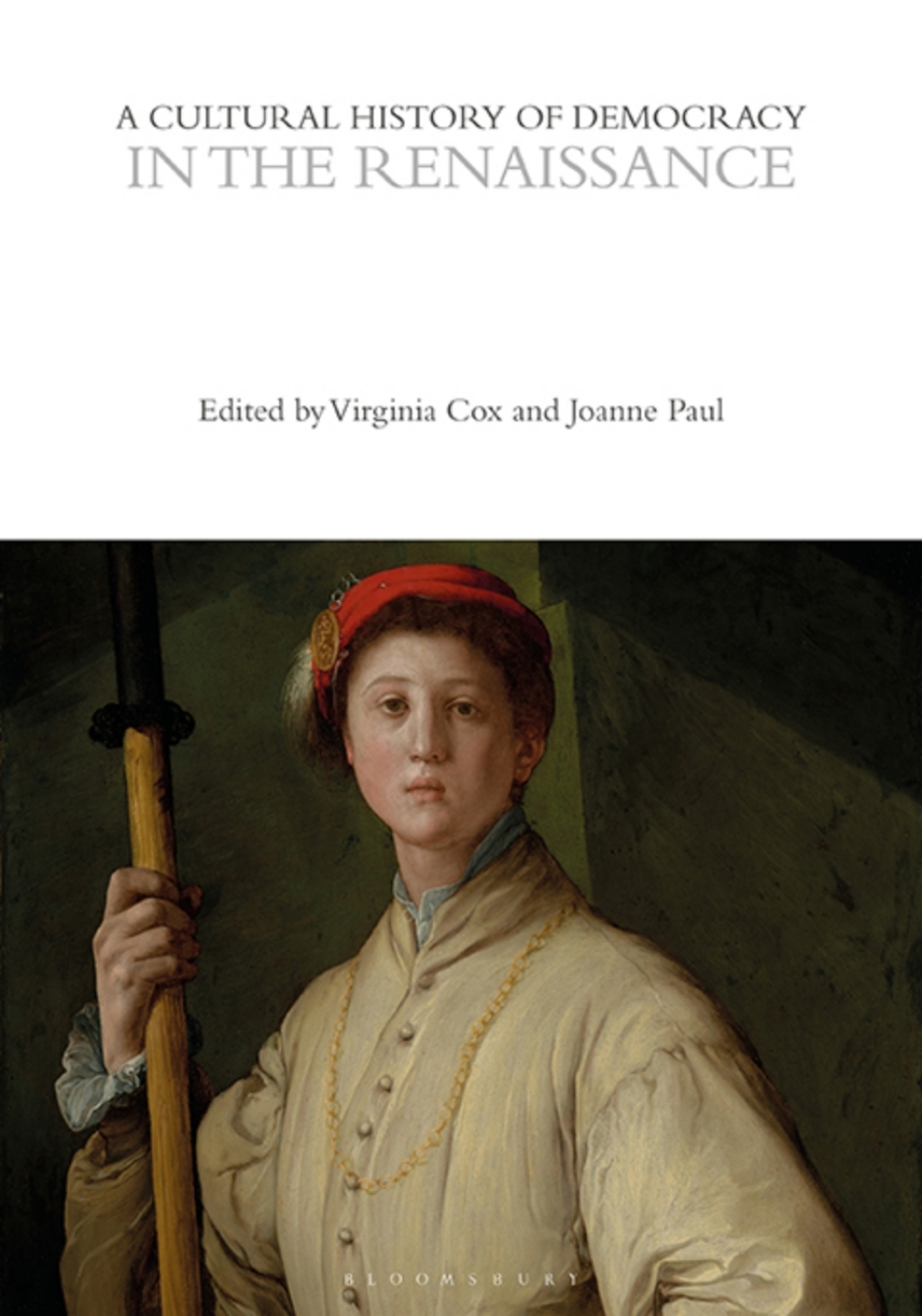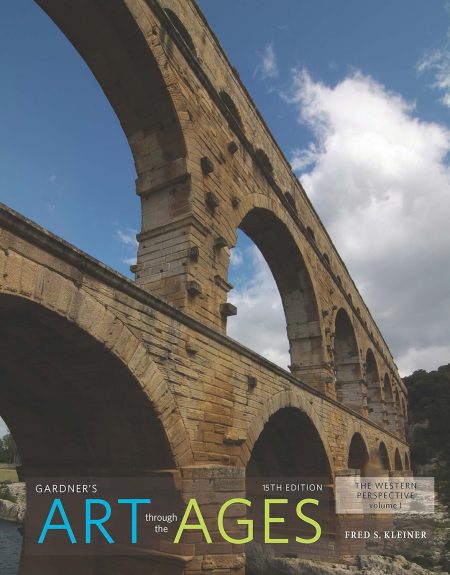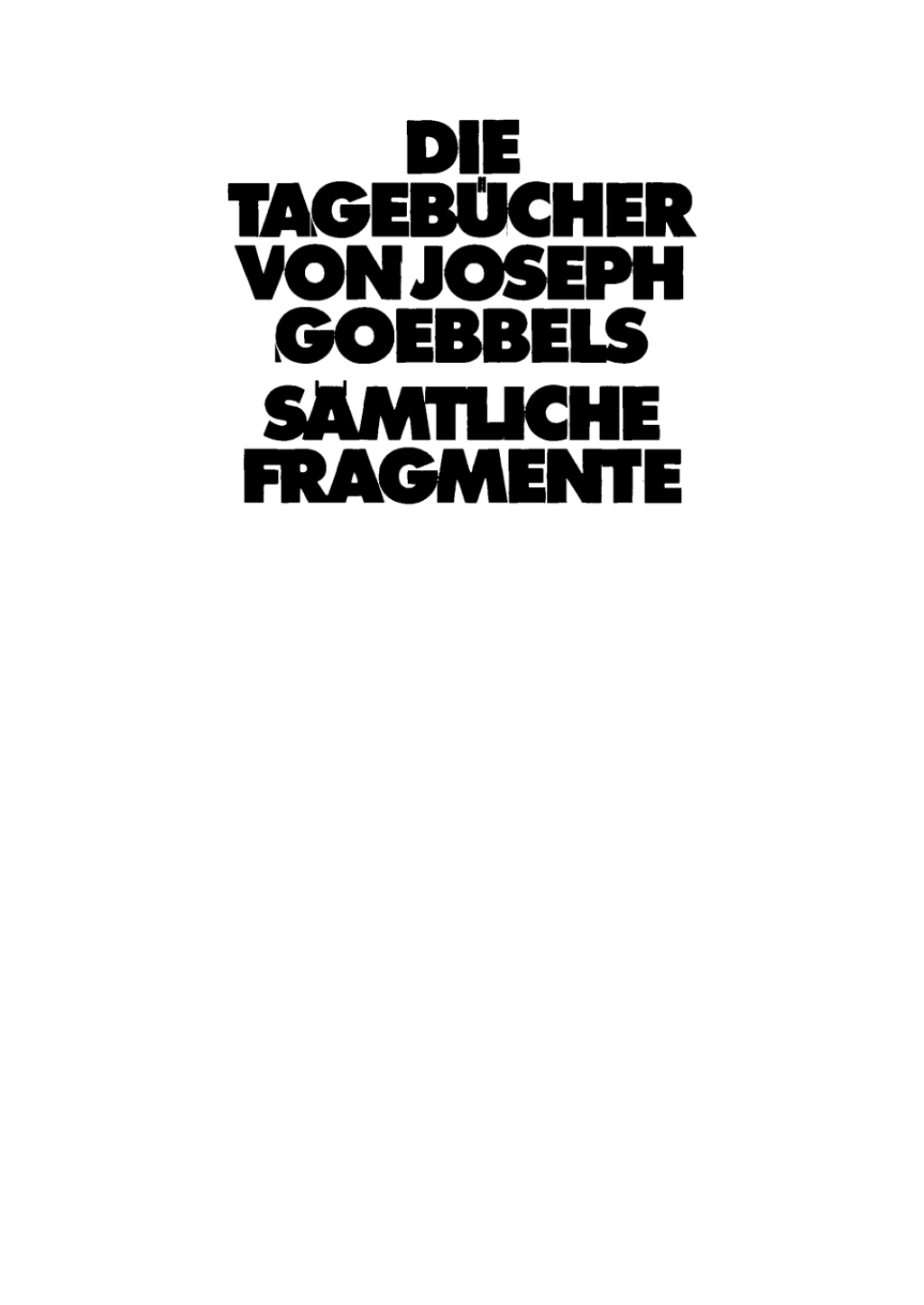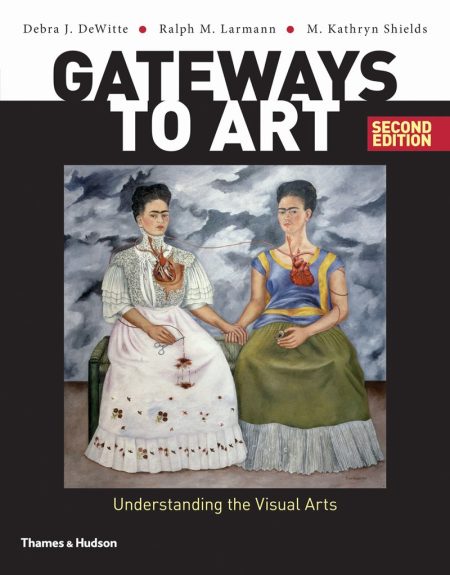Description
This volume offers a broad exploration of the cultural history of democracy in the Renaissance. The Renaissance has rarely been considered an important moment in the history of democracy. Nonetheless, as this volume shows, this period may be seen as a “democratic laboratory” in many, often unexpected, ways. The classicizing cultural movement known as humanism, which spread throughout Europe and beyond in this period, had the effect of vastly enhancing knowledge of the classical democratic and republican traditions. Greek history and philosophy, including the story of Athenian democracy, became fully known in the West for the first time in the postclassical world. Partly as a result of this, the period from 1400 to 1650 witnessed rich and historically important debates on some of the enduring political issues at the heart of democratic culture: issues of sovereignty, of liberty, of citizenship, of the common good, of the place of religion in government. At the same time, the introduction of printing, and the emergence of a flourishing, proto-journalistic news culture, laid the basis for something that recognizably anticipates the modern “public sphere.” The expansion of transnational and transcontinental exchange, in what has been called the “age of encounters,” gave a new urgency to discussions of religious and ethnic diversity. Gender, too, was a matter of intense debate in this period, as was, specifically, the question of women’s relation to political agency and power. This volume explores these developments in ten chapters devoted to the notions of sovereignty, liberty, and the “common good”; the relation of state and household; religion and political obligation; gender and citizenship; ethnicity, diversity, and nationalism; democratic crises and civil resistance; international relations; and the development of news culture. It makes a pressing case for a fresh understanding of modern democracy’s deep roots.










